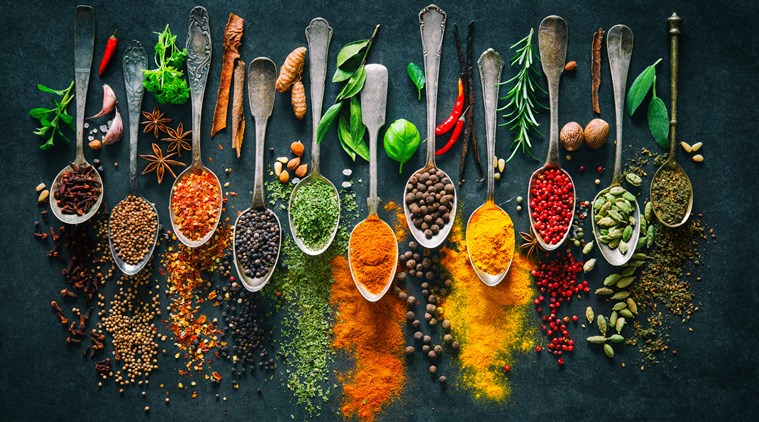 The webinar focused on the importance of ayurvedic food and spices of India, while also attempting to bust some commonly held myths about food and cooking. (Photo: Getty Images)
The webinar focused on the importance of ayurvedic food and spices of India, while also attempting to bust some commonly held myths about food and cooking. (Photo: Getty Images)
As buckwheat khichdi was being prepared in a clay pot and the recipe streamed on the screen during a Zoom conference, several participants were sharing their thoughts on how the dish probably smells and tastes. Not many could fathom how it would compare to being prepared in a regular wok.
Chef Rajeev Goyal, who was presenting the Ministry of Tourism’s 37th ‘Dekho Apna Desh’ webinar titled ‘Vedic Food and Spices of India’, said, “Food used to be cooked in earthen pots to make people feel grounded,” reinforcing the age-old dictum, “you are what you eat”.
Held on June 23, the webinar focused on the importance of ayurvedic food and spices of India, while also attempting to bust some commonly held myths about food and cooking. Goyal, founder and president of India Food Tourism and co-founder of India Food Tour, highlighted the importance of being conscious about food that helps improve the functioning of internal organs, while extensively quoting from the Rigveda and Yajurveda. “The best way to do tadka is in a cold pan by adding ghee/butter, followed by seeds and then chillies and rest of the spices and then switch on the flame,” he said.
Chef Gautam Chaudhry, Managing Director, Demiurgic Hospitality, who was the co-presenter, spoke about the importance of cookware. “The goodness of cooking in the earthenware was highlighted during the conference as food prepared in these vessels retains its natural flavours. The heat is also evenly spread and maintained. Copper pot has several medicinal properties and no bacteria would survive. Iron pans are rich in minerals, while copper and brass vessels help increase immunity and metabolism,” he explained.
The presenters also made references to the three doshas (body elements) in ayurveda, which describe the dominant mind/body state: vata, pitta and kapha. While all three are present in everyone, they explained how ayurveda proposes that each individual has a dominant body element that’s unwavering from birth, and ideally an equal (though often fluctuating) balance between the other two.
The conference discussed how as per vedic food science it is strongly advised to eat water-rich vegetables and fruits like melon, watermelon, grapefruit and radish to keep the body temperature balanced. Fruits are better than juices and though refined flour can be digested faster, it has zero nutrients. The benefits of using turmeric in daily cooking was also highlighted, especially its ability in cleansing water, properties as an anti-fungal and anti-bacterial agent, and how it is good for immunity.